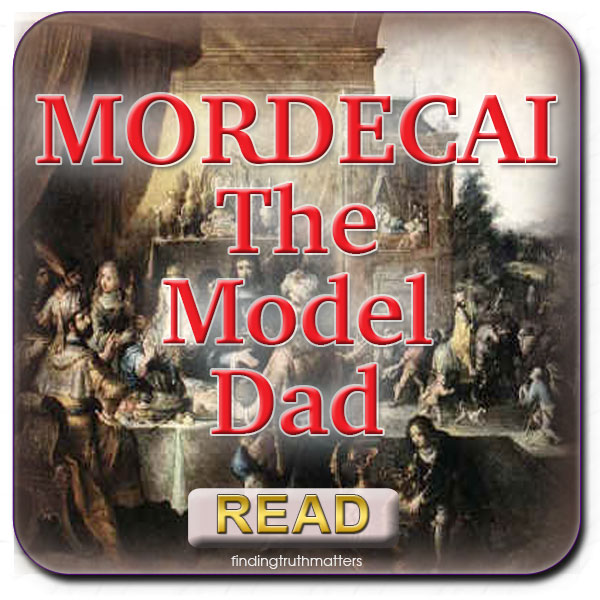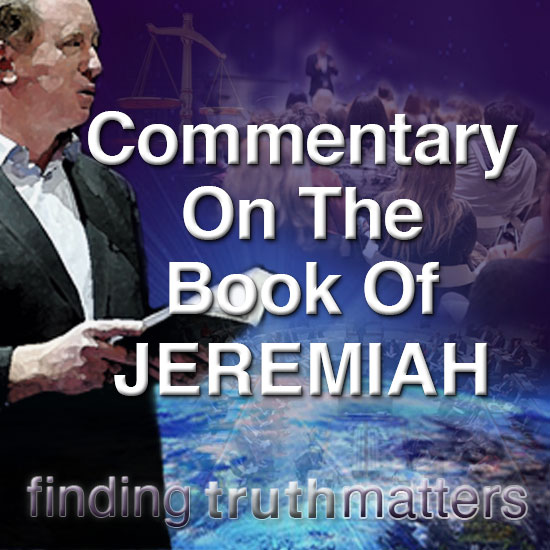
by Andrew Corbett | Feb 12, 2018 | Culture
What is the popular perception of what Christians believe? If we are to believe what the popular media reports, Christians are known far better for what they are against than what they actually believe. Therefore, it’s not surprising that most people think that Christians are essentially homophobic, misogynists, who seek to control people through the medieval superstitious beliefs. This new uninformed perception of Christianity is perpetuated by politicians who, while claiming to be Christians, actually espouse views and values antithetical to Christianity. This was seen dramatically in both the US Presidential elections of 2008/12 and the Australian Federal election of 2013. In both campaigns major candidates claimed to be adherents of Christianity yet they ridiculed the Bible and asserted that it endorsed their particular views on issues such as marriage and sexuality, and what constituted ‘Christian’ social justice. Most recently in Australia, the Opposition Leader, Mr Bill Shorten, speaking at the Australian Christian Lobby National Conference, claimed to be a Christian yet asserted positions foreign to classic Christianity. So just what do Christians really believe?

by Andrew Corbett | Feb 6, 2018 | Biographical
The Book of Esther is controversial Biblical book. Why is it in the Bible? There is not even a direct mention of “God” in it. This has led some to question whether it even belongs in the Bible. But what these critics have missed is one of the most profound messages from God in all of Scripture.
While the book of Esther is obviously about Esther, it is also rich in Biblical allegory about God and His relationship with His people. But what is not immediately obvious is that this book is very prophetic. It describes how God was to end His Old Covenant and establish a new one. All the while, the characters in this pivotal story unwittingly reveal some amazing truths about God, family, and the relationship between religion and politics.

by Andrew Corbett | Feb 6, 2018 | Philosophy
Have you even heard someone say, “That may be true for you but it’s not true for me!” It’s the kind of sentiment which might be appropriately limited to our experiences and our emotional responses to them, but it can not be true about those issues which effect us all, known as universals. These include what we consider to be morally right or wrong, whether a fact is true or false, or whether we should regard something as either good or bad. For example, one of the universal laws that is not subject to personal opinion is gravity. Someone may disagree with it, but their disagreement doesn’t change its reality.
The kind of judgment needed to distinguish right from wrong, true from false, or good from bad, must allow for those things which are universal and thus common to all. This kind of truth, what Francis Schaeffer called ‘true truth’ is also not subject to context, circumstances, popularity, or fashion (Beckworth & Koukl 1998, 20). Neither is it restricted to a time or place. Thus, what can be known as true has generally been acknowledged as such down through the ages by various peoples located in different parts of the world. Philosophers refer to this kind of truth as objective truth.

by Andrew Corbett | Feb 3, 2018 | Ethics
The Global Environmental Movement has undoubtedly done some great good. Visit cities such as Los Angeles, New Delhi, Shanghai, and you’ll soon realise that water and air pollution is a very serious matter. Anyone who has seen the devastation of massive unregenerated deforestation will readily acknowledge that managing trees in the ground is more critical than many must have realised. Yet, undergirding the Environmental Movement, and its ensuing social policies, is that: natural is best. Many people justly concerned about our ecology have started to notice a large wooden horse on wheels has been pushed into the town square by Environmentalists. And just like the fabled Trojan Horse, this neo-Trojan horse has smuggled something more powerful than an army into our culture: If It’s Natural – It’s Morally Right.

by Andrew Corbett | Jan 9, 2018 | Commentaries
Jeremiah is the second of the ‘major’ Prophets after Isaiah. Like Isaiah, he prophesied events which were fulfilled within his lifetime and beyond. Most significantly, Isaiah and Jeremiah prophesied about the coming Messiah and the new covenant this Messiah would usher in. From the opening three verses, which may have been written by Jeremiah, or may have been the result of Ezra’s later editing. These verses help us to date when Jeremiah began his prophetic ministry. His ministry would have begun when he was aged between 15 to 20. He would have begun around the time of the discovery of the Law during the thirteenth year of King Josiah’s reign which was around 629BC. This helps us to reckon his birth year as sometime around 649BC or so. We know that the Babylonians destroyed Jerusalem as Jeremiah had prophesied they would, in 586 BC. This means that Jeremiah ministered around 45 to 50 years. He is particular significant for several reasons…





